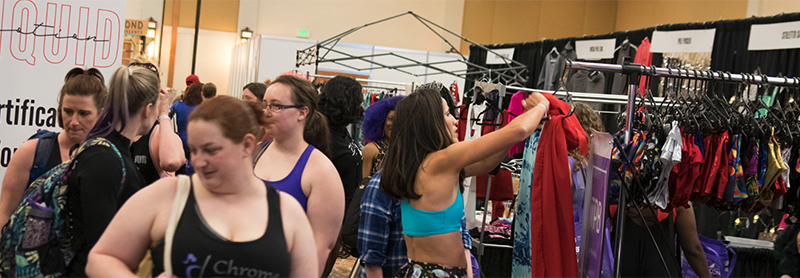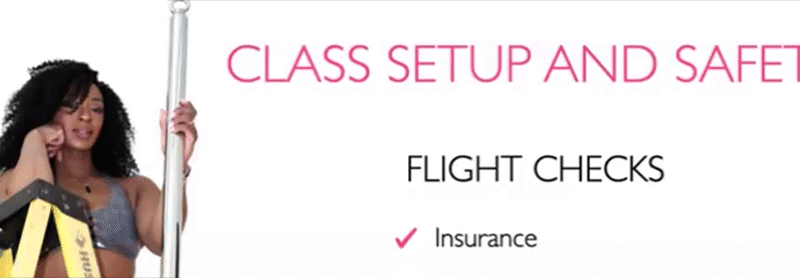A train-cation is a trip (usually away from home) where you focus for a specific…

Tax Planning for the Self-Employed
This post is based on the webinar “Out of the Dark, Tax Planning for the Self Employed with IPIA partner, Tits N’ Taxes. IPIA members can view that webinar for free at this link.
If you’re in the pole business and can’t find a tax preparer that really understands your needs, look no further! Tits N’ Taxes is here to help!
This post is about key things you need to know as a US person filing taxes.
Kayla and Aarron of Tits N’ Taxes are long time students of Minx Academy in St. Louis and have been doing taxes for 20+ years.
The following are some key points from this information-packed webinar.
There is a lot of information in this webinar, and Tits N’ Taxes is available for consultations for your specific needs.
First, are you self-employed or an employee?
If you set your own hours, set your own wages, choose when you have class/perform etc: you are self employed.
You likely filled out a W-9 and will get a 1099 from that employer at the end of the year (if they are doing things properly). When you are paid this way, no taxes are retained from your payment amount. You are 100% responsible for your medicare and social security taxes.
If your employer sets your hours, chooses where you work, when you, and sets your salary, you are an employee.
You probably filled out a W-4 and will get a W-2 at tax time. When you work this way, your employer takes out your medicare and social security tax before the money even gets to you and they pay half the tax for you.
The different types of employment have different perks. For example, if you are self-employed there are a lot of deductions you qualify for.
Self-employment Taxes and Deductions
While it’s true that you are responsible for the full 15% of medicare and social security tax when you are self employed (as opposed to the 7.5% you pay as an employee, with your employer pay the other half), when you are self employed you are eligible for a lot of deductions and adjustments such as:
- Mileage: Travel to clubs, studios, training sessions, and business-related errands can be deducted if properly logged.
- Home Office Expenses: If you use a designated space in your home for work, you can deduct a percentage of rent, utilities, and maintenance.
- Work-Related Purchases: Outfits, shoes, makeup, gym memberships, and even music streaming services for performances are valid deductions.
- Big Purchases: Studio equipment, poles, and crash mats can be deducted either in full or depreciated over several years.
It’s important to track all this information as it comes in. It can be reconstructed later, but it’s easier to do it at the moment.
Yes, You Do Have to File Your Taxes
Filing your taxes isn’t just about compliance—it impacts future financial opportunities like buying a home or securing retirement benefits.
Key reasons to file include:
- Building Social Security Credits: If you don’t report income, you won’t qualify for Social Security or disability benefits.
- Qualifying for Loans and Mortgages: Lenders require proof of steady income through tax returns. They will look at multiple years.
- Avoiding Penalties: Failure to report income can lead to hefty IRS fines and audits. The IRS can peek at your bank account and any money sending apps. If they find anything suspicious they will expand too looking at three years back.
Conclusion
Taxes are one of the big, scary, adult-y things you have to do once you reach a certain age.
It can be stressful and confusing when you have a more unique stream of income, like many of us do in the pole industry.
IPIA partner Tits N’ Taxes understands your needs and is here to help. Book an appointment with them by clicking here. Scroll down to see the “Virtual-Tax Advice” option, which really is free.



